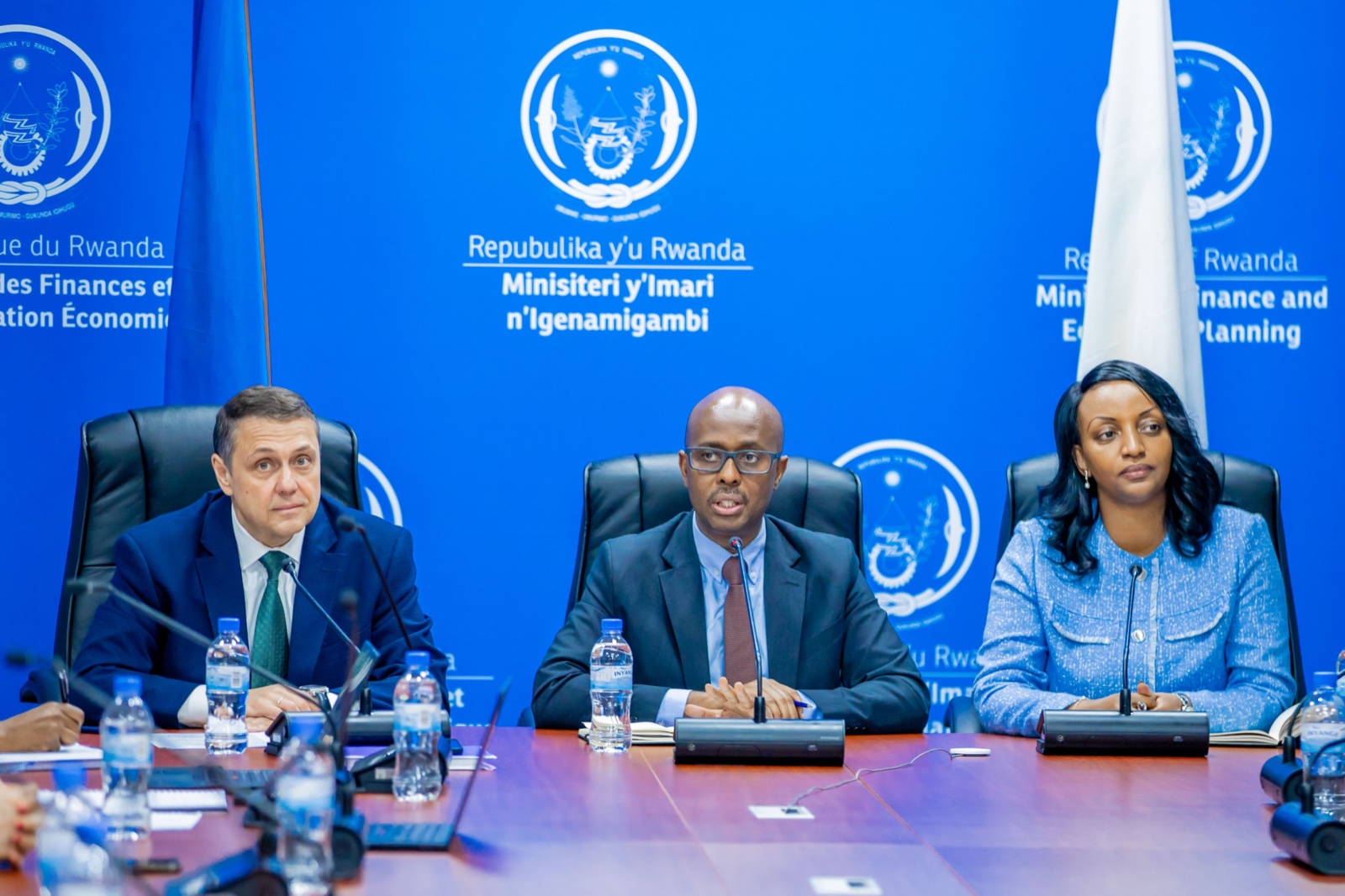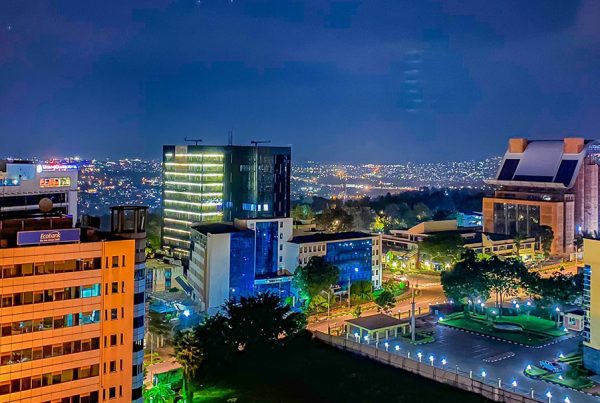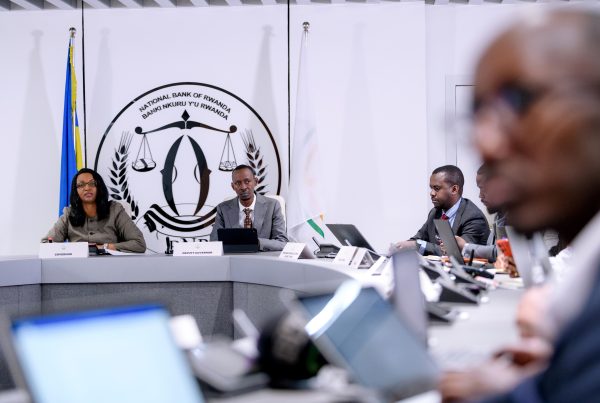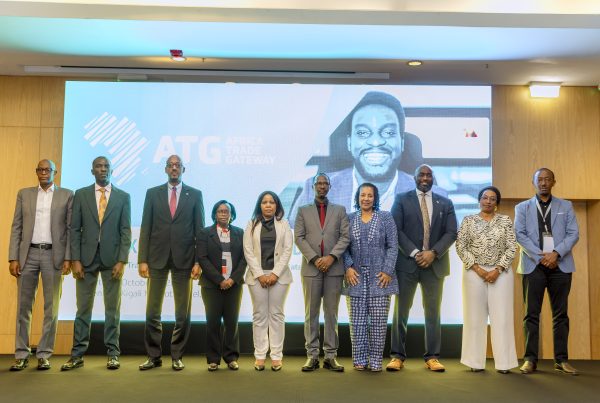Rwanda’s economic momentum remains robust, with GDP expanding 8.9 percent in 2024, one of the fastest growth rates in sub-Saharan Africa, as the country advances its reform agenda under the IMF’s Policy Coordination Instrument (PCI).
The latest IMF review underscores Rwanda’s resilience amid global uncertainties and sets the stage for further strategic investments in 2025.
The IMF staff and the Rwandan government have reached a staff-level agreement following the fifth PCI review, reaffirming that key macroeconomic indicators remain strong. Inflation stabilized at 4.8 percent by the end of 2024, within the National Bank of Rwanda’s target range, supported by improved food production and effective monetary policy.
The fiscal deficit was narrower than anticipated, driven by higher tax revenues and targeted capital spending. The Rwandan franc’s depreciation slowed to 9.4 percent from 18 percent in 2023, as international reserves increased to 5.4 months of import cover.
“Our economy has demonstrated remarkable resilience, and we are focused on maintaining this momentum while enhancing revenue mobilization and fiscal sustainability,” Minister of Finance and Economic Planning Yusuf Murangwa told reporters in Kigali.
Looking ahead, Rwanda is poised to capitalize on key infrastructure investments to fuel long-term growth. In 2025, the country will commence Phase II of the Bugesera International Airport and expand RwandAir in partnership with the Qatar Investment Authority. These strategic initiatives aim to bolster regional connectivity and attract foreign investment while ensuring fiscal prudence.
The IMF noted that Rwanda successfully met all quantitative targets under the PCI, with critical structural reforms in domestic revenue mobilization, state-owned enterprise governance, and financial transparency on track. The completion of the Standby Credit Facility in February 2025 has further strengthened external buffers, positioning Rwanda to navigate future shocks while sustaining its ambitious growth trajectory.





